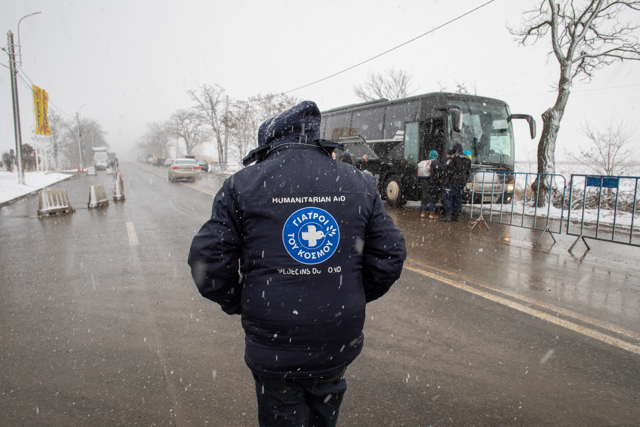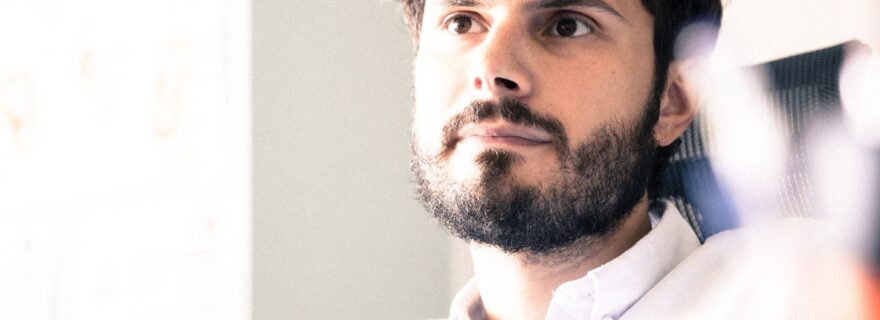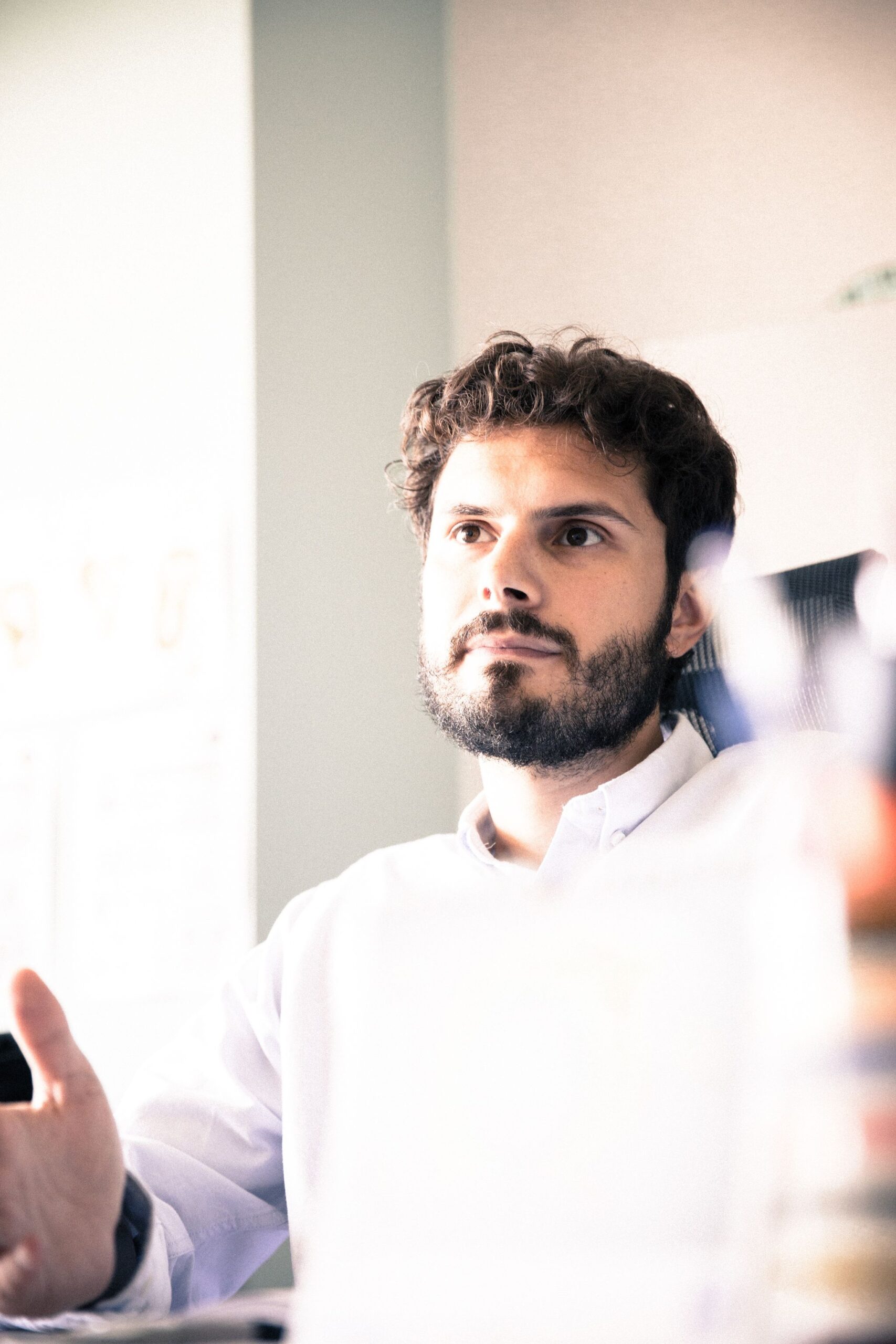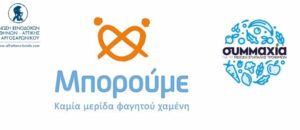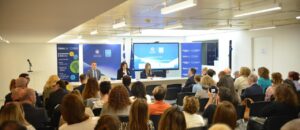Interview of the Chief Operating Officer of Médecins du Monde, Mr. Anastasios Yfantis to Lillian Psyla
Listen to the whole interview on Spotify!
The Chief Operating Officer of Médecins du Monde, Mr. Anastasios Yfantis talks to the grtraveller podcast about the actions and goals of the organisation, the difficult missions and providing assistance to all those who need it. An interesting grtraveller podcast about solidarity and caring for fellow human beings.
Can you briefly explain the mission and objectives of Médecins du Monde? How does the organisation work to achieve its objectives?
Doctors of the World is an organisation that started as part of a wider initiative to promote universal access to health. What we call universal health coverage, which means inclusion, universality, a single system of care, especially for the most vulnerable groups. So the vision of the organisation is for all people to have access to quality and appropriate health care. On the one hand, we provide health services to these populations complementary to national systems, filling the gaps, and on the other hand, we advocate and claim their right to national systems.
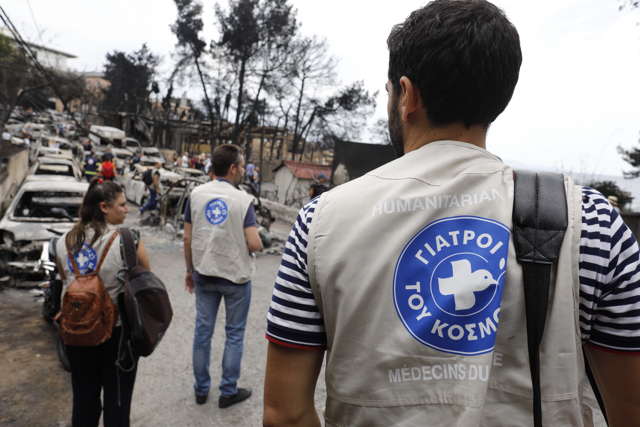
How do Doctors of the World ensure the sustainability and effectiveness of health interventions in the long term, especially in countries with limited resources and infrastructure?
Let me say here that our programmes also have a developmental character. What does this mean? It means that as long as we cover the immediate needs, which is the health care of the population, we also carry out actions related to the rehabilitation of health structures, to the training of staff, to ensure that these actions that we do will have a continuity and this can be done in the form of donations, for example, of vehicles, equipment to local health structures.
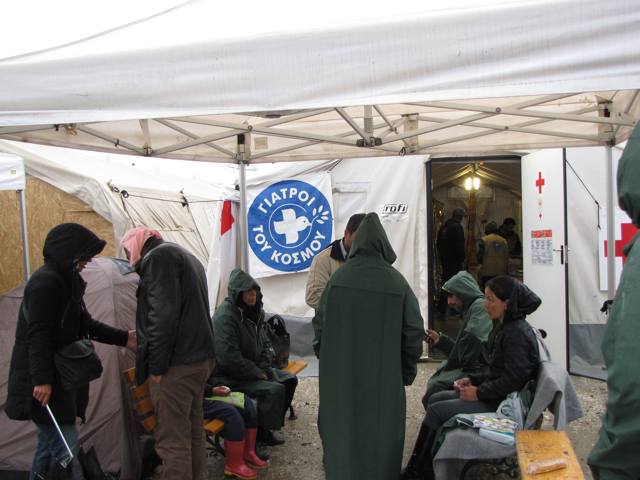
The COVID-19 pandemic has had a significant impact on global health systems. How have Médecins du Monde adapted their activities to meet the challenges posed by the pandemic? Are there any lessons that will shape the future strategies of the organisation?
The truth is that we had already taken preparedness actions before the first measures were taken in Greece. Being part of a wider network, we had records and testimonies from our colleagues from other countries. So in a way we were waiting for it to come to Greece. Therefore, the first measures we implemented were increased hygiene on site and personal protective measures. Now at the level of health systems the impact has been enormous since priority had to be given to the immediate hospitalisation of many people in intensive care units. Our attitude was to advocate for the most vulnerable at that time. We were the only organization that continued to operate at that time and at the same time we were asked and assisted in the actions of the EODY for travelers. The lessons we will learn are that it is very important to have a trust in institutions, to listen to the opinion and guidance of experts and to take care both for our own protection and for the protection of others.
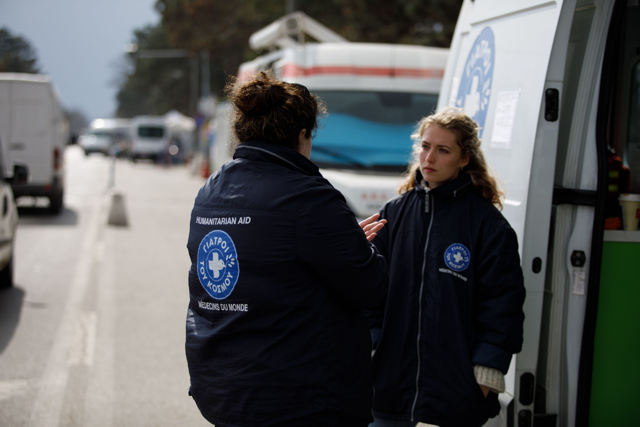
Médecins du Monde has been at the forefront of providing medical and psychological support to migrants and refugees. Could you discuss the specific challenges facing this population and how your organization is responding to their healthcare needs?
People who come to our country seeking protection, leaving regions and countries where there are human rights abuses and seeking a better life in Europe. So, what we always demand and say is democratisation and human rights in the countries of origin, but we recognise the need to support migrant populations. In what way? With safe passages, so that there is no health risk. But since these people have no alternative, we are obliged to try to take care of them at the reception point. So we maintain our open polyclinics in Athens and Thessaloniki where both Greeks and migrants have direct access to appropriate health services. There you will see migrant population, Greek homeless people, but also low-income Greeks, pensioners, elderly people, who receive health services with dignity. We are active on the islands and especially on Lesvos.
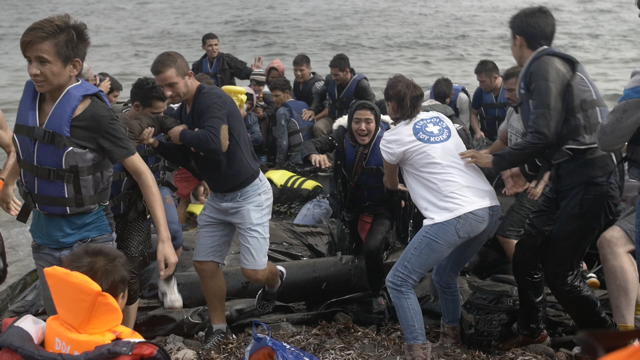
Looking to the future, what are the priorities and strategic goals of Doctors of the World for the future? Are there any new initiatives or areas of focus that the organisation intends to explore in order to further its mission?
Our priority has always been universal healthcare. Certainly inclusion is a priority for Doctors of the World, but I think we have reached a point where we have to promote a more ecological approach at every step. A next strategic priority is to be able to continue to support those groups of the population that still today continue to have the same problems. The health inequalities are here so for us, as long as we have income poverty, increased youth unemployment, precarious living conditions, housing and uncertainty, we think there is a need to continue what we are already doing. So actions such as mobile damage reduction units, our housing programs will continue for the next three years, at least they are in our strategic plan and of course to be ready as volunteers to provide in crises, as we did with the fires in Mati, as we did in the recent earthquake in Elassona, as we did in the fires in North Evia where we stayed for more than a year and a half.
